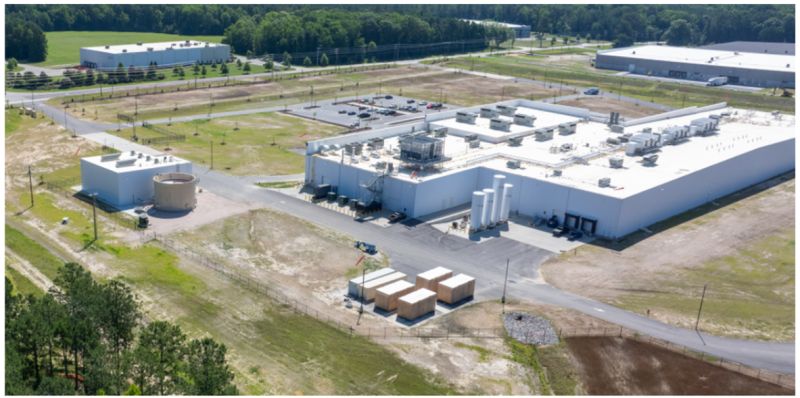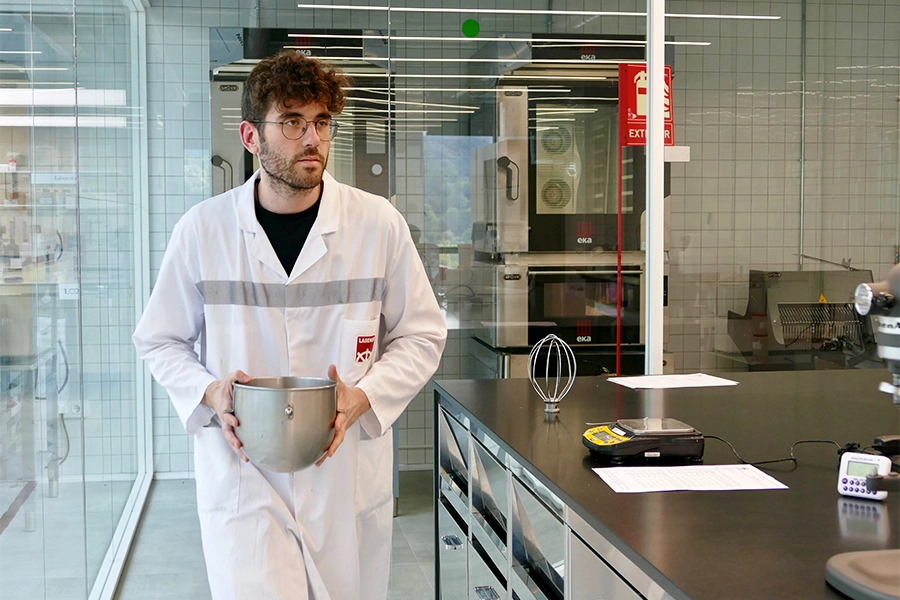

Givaudan eyes nutrition, novelty and trust to revive Europe's plant-based meat market
After a period of decline, Europe’s plant-based meat market may be showing early signs of recovery – and Givaudan believes it knows how to help turn the tide. Speaking at the Bridge2Food 2025 summit earlier this month in the Netherlands, Laurence Minisini, Senior Consumer & Market Insights Manager at Givaudan, shared five consumer-driven trends that the company sees as essential to the category’s future.
Drawing from proprietary research involving over 3,000 European consumers and 250 industry experts, Givaudan identified health, sensory appeal, product originality, affordability, and transparency as the pillars of next-generation innovation in alternative proteins.
Minisini said health and nutrition are now “non-negotiable”. While 54% of European consumers have tried plant-based meat, 12% have since stopped eating it and 17% have reduced their intake – often due to concerns about nutrition. Givaudan’s findings point to growing demand for protein-rich, low-calorie products with more fiber and fewer additives, and a need for more transparent, science-backed communication.
The research also confirmed that poor sensory performance remains a major reason for consumer hesitation. One in three European shoppers is resistant to trying plant-based meat, with taste and texture cited as major issues. Givaudan is investing in technologies that mask off-notes, improve mouthfeel and replicate the cooking behavior of animal meat. The company is also exploring 3D printing, mycoproteins, algae cultivation and cellular agriculture as ways to deliver more authentic textures and nutritional profiles, and to enable novel product formats including whole cuts and hybrid products.

At the same time, not all consumers are looking for meat mimics. A growing number are drawn to what Givaudan terms “Truly Not Meat” products – distinctively plant-forward alternatives that don’t try to replicate meat but instead offer original taste experiences. The company sees this as a new wave of innovation, particularly attractive to adventurous flexitarians. One example is Valyncia, the winning concept from Givaudan’s collaboration with Moonshot Pirates’ ‘Shape the Future Challenge.’ Created by three sisters using microbial fermentation, the berry-based protein product offers both a sustainable alternative to traditional protein and a healthier substitute for sugar, demonstrating the appeal of products that address multiple dietary and environmental concerns at once.
In an inflationary environment, price remains a key consideration. According to Givaudan’s research, consumers are willing to pay a premium – but only when a product delivers across multiple dimensions: taste, nutrition, sustainability, convenience and overall experience. European consumers remain cautious about spending, and brands must clearly justify their value propositions to retain trust and loyalty.
Sustainability and clean-label values continue to influence purchasing decisions. Givaudan’s FlavourVision research highlights a growing consumer desire for personalized, credible environmental actions, captured in a trend it calls “Green for Me.” Consumers now expect natural, minimally processed ingredients and want to know that these align with their personal environmental values. At the same time, many are questioning whether current plant-based offerings truly live up to sustainability promises. Key concerns include over-packaging and vague sourcing information.
Minisini said the 'meat paradox' – where consumers enjoy meat despite concerns about its ethical, environmental and health impacts – illustrates the complexity of modern food choices. She emphasized that rebuilding momentum in the plant-based category will depend on delivering meaningful improvements in nutrition, taste and transparency.
“To move forward, the whole value chain must shift from hype to substance,” she said. “That means delivering on taste, nutrition and sustainability – without compromise.”
If you have any questions or would like to get in touch with us, please email info@futureofproteinproduction.com






